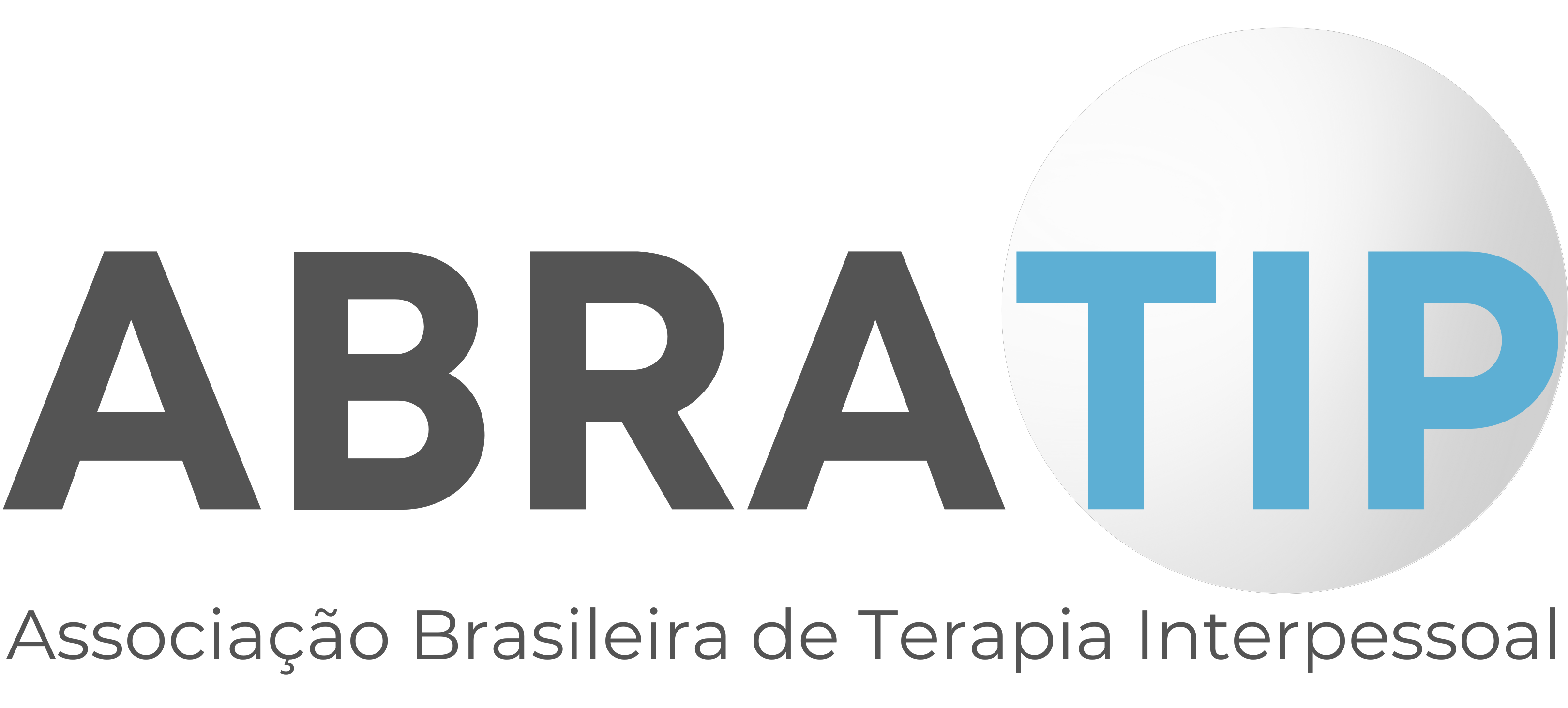ABSTRACT
Background
Interpersonal psychotherapy (IPT) is a time-limited and affect-, life-event-, and present-focused psychotherapy originally conceptualized for unipolar depression, and then adapted to the treatment of other disorders, including eating disorders (EDs). The purpose of this paper is to conduct a systematic review of studies on IPT for EDs.
Methods
The authors performed literature searches, study selection, method, and quality evaluation independently. Data were summarized using a narrative approach.
Results
Of the 534 papers retrieved, 37 studies met the inclusion criteria, and 15 were considered for the systematic review (randomized controlled trials and long-term follow-up studies derived from the randomized controlled trials). Their analysis revealed six main findings: 1) no significant differences between IPT and cognitive-behavioral therapy (CBT) were found when administered as monotherapy to patients with anorexia nervosa; 2) when administered as monotherapy to patients with bulimia nervosa (BN), IPT had lower outcomes than CBT and its enhanced version; 3) patients with BN who remitted with IPT showed a prolonged time spent in clinical remission, when followed up on the long term; 4) IPT and CBT, with different timings and methods, have both shown efficacy in the mid-term/long-term period in patients with BN; 5) CBT and its enhanced version produced rapid changes in the acute phase. IPT led to improvements occurring later, with slower changes that tended to maintain efficacy in the long term; 6) abstinence from binge eating with group IPT for binge eating disorder is stable and maintained (or further improved) in the long term.
ARTIGO COMPLETO: https://www.ncbi.nlm.nih.gov/pmc/articles/PMC6130260/








